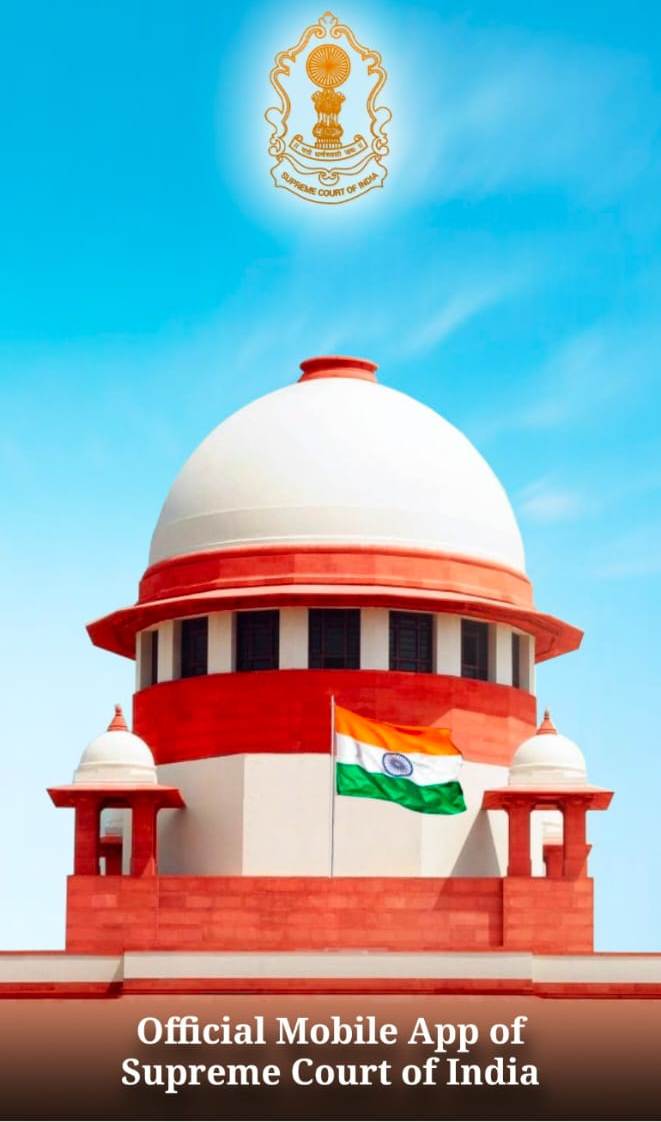The Supreme Court has today posted the hearing of the Maharashtra government’s plea against an order by the Bombay High Court in acquitting former Delhi University Professor G N Saibaba in an alleged Maoist links case on January 17, 2023.
A bench comprising of Justices M R Shah and Hima Kohli have given directions to the parties for completing the pleadings in the matter.
The Solicitor General Tushar Mehta assured that all the needed evidence on recording comprises of 10 volumes will be submitted along with convenience compliance within a week,
The bench sad that if there is any counter, it has to be filed within a period of 10 days.
GN Saibaba was represented by the senior advocate R Basant.
The top court had on October 15 suspended the Bombay High Court order acquitting Saibaba and others in the Maoist links case.
It had rejected Saibaba’s request to order his release from jail due to his disability and health conditions and put him under house arrest after the Maharashtra government opposed the prayer, saying nowadays, there is a new tendency of “urban Naxals” to seek house arrest.
More than eight years after his arrest in 2014, the Bombay High Court had on October 14 acquitted Saibaba and ordered his release from jail, noting that the sanction order issued to prosecute the accused in the case under the stringent provisions of the Unlawful Activities (Prevention) Act (UAPA) was “bad in law and invalid”.
A Sessions Court in Gadchiroli had, in March 2017, convicted Saibaba for alleged Maoist links and for indulging in activities amounting to waging war against the country.
While the case was being heard by the lower court in 2017, the public prosecutor had said “Saibaba was the deputy joint secretary and there is a speech of him in which he said, “Naxalism is the only way and denounces the democratic government setup. All these videos were played out in the court.”
The prosecutor had claimed that Saibaba was in contact with Maoists from various countries like Nepal and Sri Lanka.
A sessions court in Maharashtra’s Gadchiroli district convicted Saibaba and others in March 2017 for alleged Maoist affiliations and engaging in actions that amounted to waging war against the nation. Other defendants included a journalist and a student at Jawaharlal Nehru University (JNU).
Under various provisions of the stringent Unlawful Activities (Prevention) Act (UAPA) and the Indian Penal Code (IPC), the court held GN Saibaba and the others guilty.
Saibaba was in jail for his alleged links with banned extreme left organisations. While he was granted bail after his initial arrest in 2014, he was sentenced to life imprisonment in 2017 for connections with Communist Party of India (Maoist) and its frontal organisation, the banned Revolutionary Democratic Front (RDF).
Despite his repeated denial that he had nothing to do with the banned organisation, he was charged under Sections 13, 18, 20, 38 and 39 of the UAPA and Section 120B IPC.
Apart from Saibaba, the court has acquitted Mahesh Kariman Tirki, Pandu Pora Narote (both farmers), Hem Keshavdatta Mishra (student) and Prashant Sanglikar (journalist), who were sentenced to life imprisonment, and Vijay Tirki (labourer), who was sentenced to 10 years in jail. Narote died during the appeal’s pendency.


